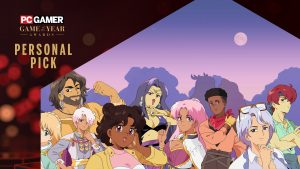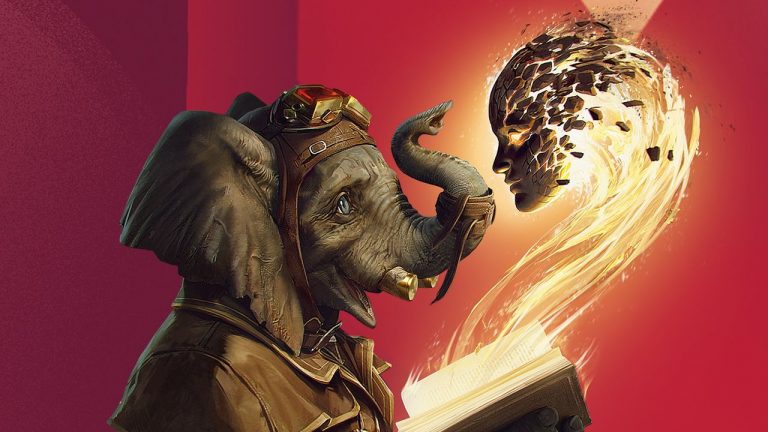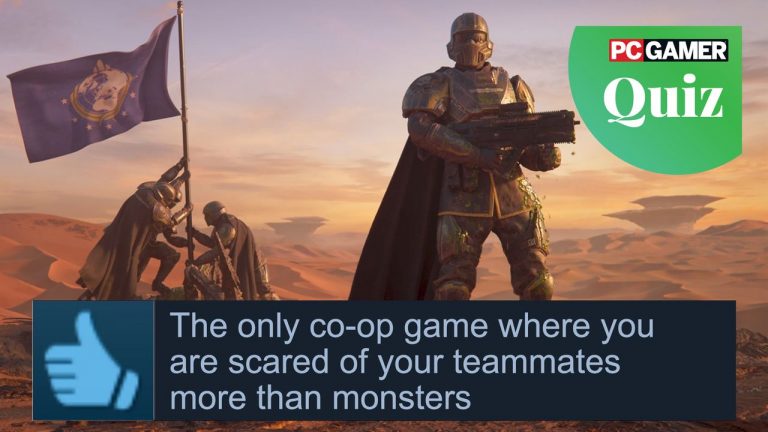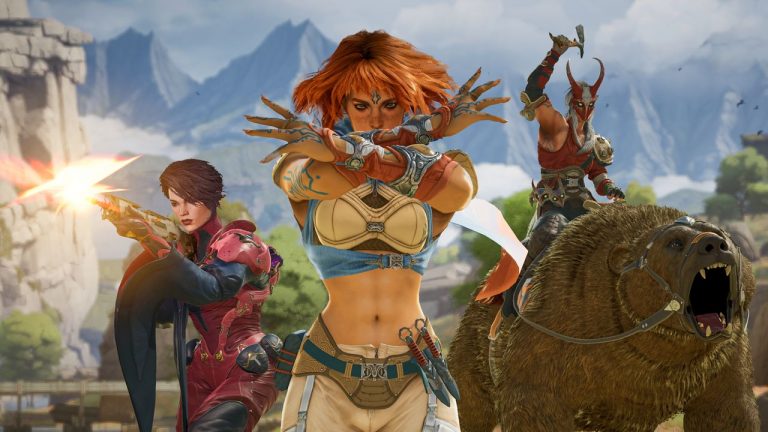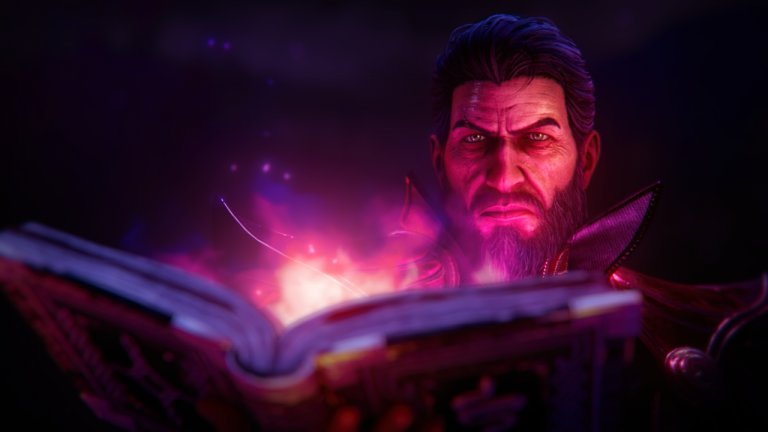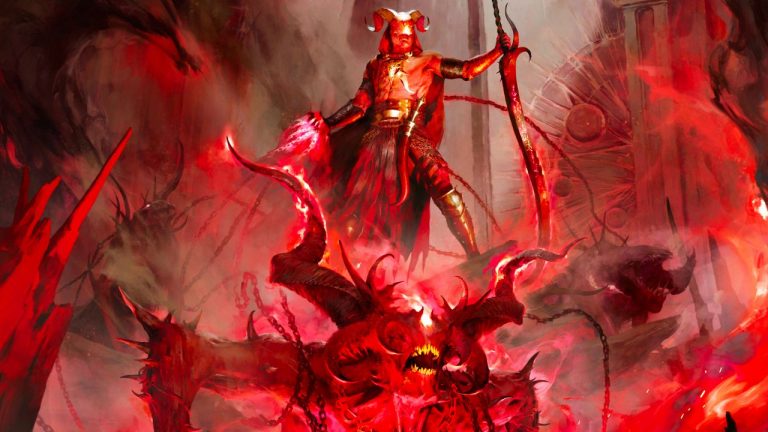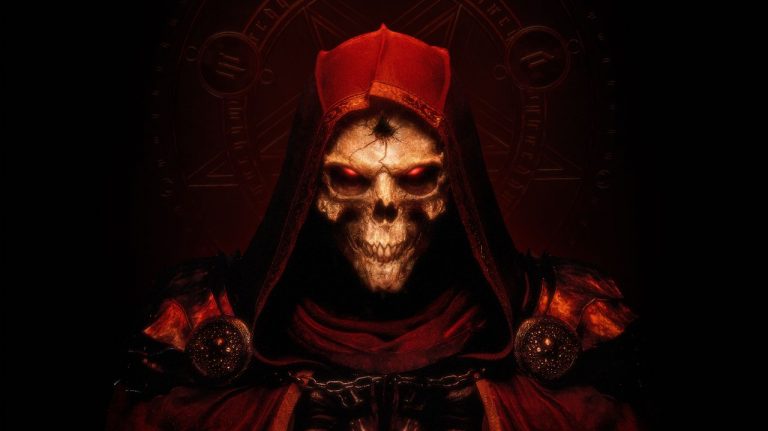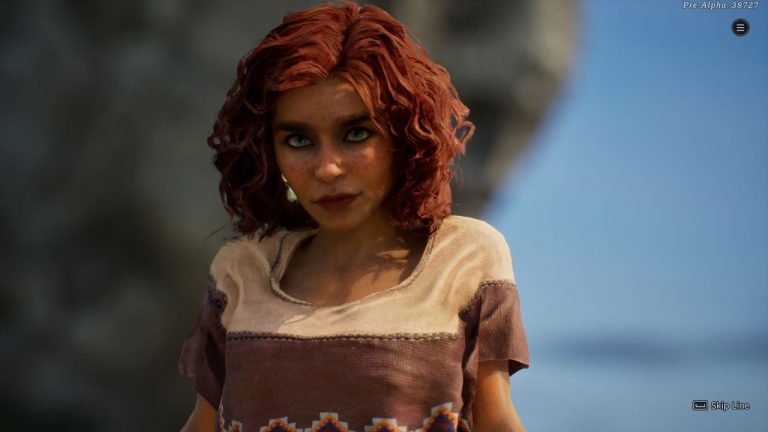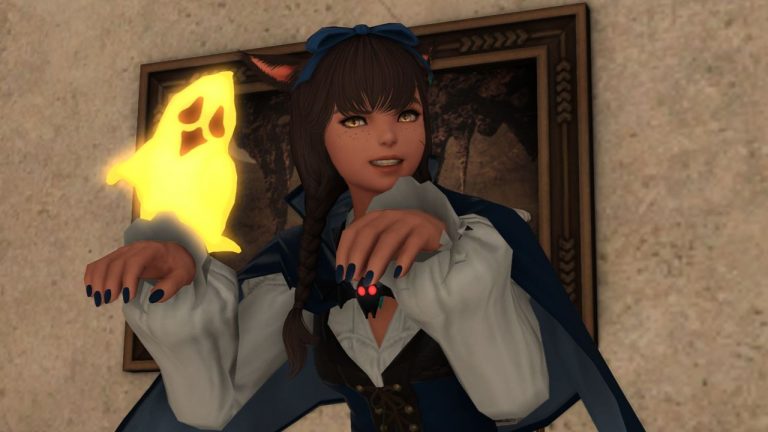Settle in for a tale of hardship, hope and a big airship with legs. Atlus trades high school for high fantasy, and the result is the best RPG of the year. For more awards, check out our Game of the Year 2024 hub.
Mollie Taylor, Features Producer: As I’ve grown older and found myself with less free time, I’ve largely fallen off the JPRG train. But Metaphor: ReFantazio has pulled me right back in and reminded me why I adore this genre so much.
The game feels like an adult Persona—swapping out high school for high fantasy—crafting a gripping story and beloved characters that I came to deeply care for. I’ve fallen in love with Scouse dogs Fidelio and Basilio, while Hulkenberg’s relatable love for food provides much-needed respite between the more intense battles for the throne.
The Archetype system is also genuinely fantastic, reminiscent of the old-school Final Fantasy job systems. It creates far more freedom than I ever felt I had with my Persona teammates, and I had a ball creating different team synergies and cross-classing skills before big battles.
Metaphor: ReFantazio may not have had the biggest budget or scope, but it has so much heart and style. I still can’t stop thinking about it 150 hours and two playthroughs later.
(Image credit: Sega)
Fraser Brown, Online Editor: Metaphor is the best game I’ve played all year. Though not strictly speaking part of the Persona series, it’s also the best Persona game. I don’t care about high school drama—I’ve done that already—but a civil war that’s also a structured competition run by a corrupt theocracy, and which may end with a young lad and his pals—which includes a talking bat—ending a kingdom’s institutional racism? Yeah, that’s pretty novel.
Joshua Wolens, News Writer: For years, Atlus has had one dream: To tell a story with political themes that doesn’t fall flat on its face. Persona 4 whiffed it hard. Persona 5 came closer, but still wobbled. But here, with Metaphor, and with its story of a small heterochromatic boy and his fairy pal on a quest to end apartheid and wake up his boyfriend (or something, I haven’t finished it yet), the studio might actually have pulled it off. Hats off, Hashino-san.
Harvey Randall, Staff Writer: Metaphor: ReFantazio is my first ever Atlus game, and I picked a hell of a time to jump on, because it might be one of its best. As Joshua outlines above, the game’s story is downright excellent, consistently endearing, well-written, and bursting with a manic kind of creativity that’s typical for the studio, just with swords and sorcery instead of high school and mind heists.
I also agree with Josh in that it has a hell of a lot to say and mostly sticks the landing—tackling the problems of prejudice (and the impossible task of building a utopia) with surprising tastefulness and nuance. I was particularly charmed by how it slots the power of fantasy stories into all of it, too. The game was built by people who understand that fiction can have a real, tangible impact on people’s lives—who then proceed to play with the how and why with deep wisdom.
Phil Savage, Global Editor-in-Chief: Yes, yes, the story is good, and a nice change of pace from Persona’s high-school bread and butter. But what strikes me most about Metaphor is what Atlas has done with dungeons this time around.
(Image credit: Atlus)
As with Persona, I’m pushing myself to finish every dungeon in a single in-game day—it’s the most efficient way to play when you also have to build relationships, improve virtues and, err, go fishing. But here you have to travel between those dungeons—some of which are multiple days away from the hub city you’re currently visiting. I love hoovering up all the extra side-quests and bounties at the start of a main mission cycle, seeing all the locations I’ll need to visit and planning out a route—a lengthy excursion that will hit all of the big objectives before eventually tackling the next big story quest. And the game rewards you for spending time with its optional objectives. Once you’ve outleveled an opponent, you can just directly kill it without having to go into turn-based battle mode.
It also means the fights you do have to take—those of similar or higher level enemies—can be a bit more threatening than your standard Persona mob encounter. There are some fun tricks to certain enemy types—the standard elemental weaknesses, sure, but also more interesting considerations like enemies that enrage when you’ve a magic staff user in your ranks, or ones that gain extra turns and more powerful attacks if you leave any of your party on the frontline. As Mollie says, the Archetype system offers plenty of freedom, and throughout the campaign, Atlus seeds fun strategic wrinkles that encourage you to make full use of its versatility.

